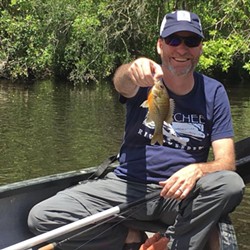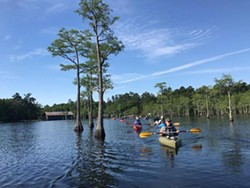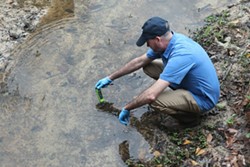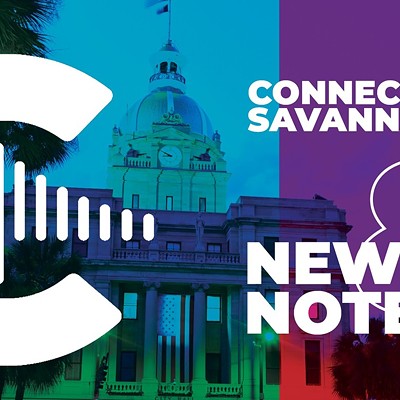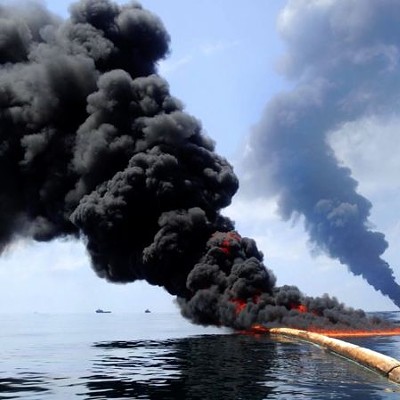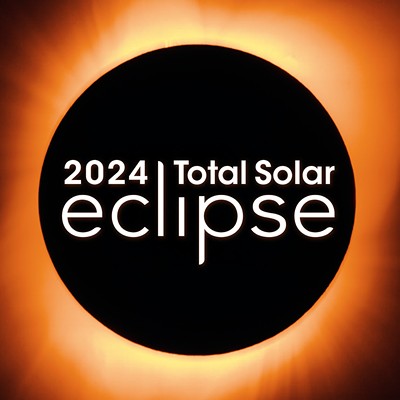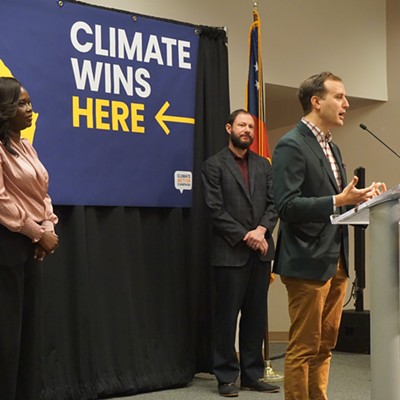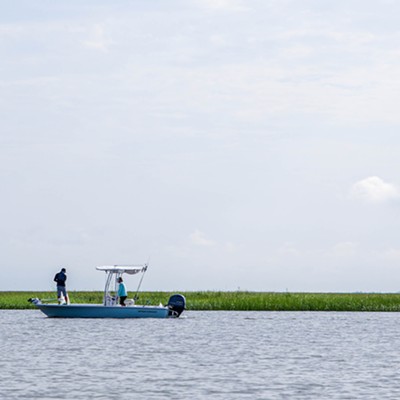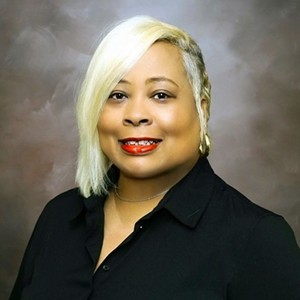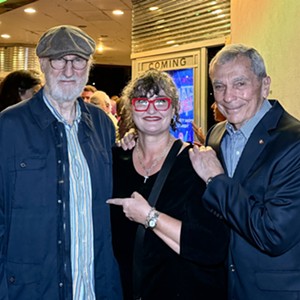IT'S been said that the slowdown of pollutants during the COVID-19 shutdown acts as a mirror for what measures should be taken to help slow climate change.
Studies have shown that Chinese emissions fell 25% during the shutdown, and they predicted a 5.5% drop globally from 2019 levels.
Closer to home, the Ogeechee River is seeing less pollutants, a fact that Damon Mullis proudly relays.
Mullis is the executive director of the Ogeechee Riverkeeper, an organization dedicated to the preservation and improvement of the Ogeechee watershed.
ORK is committed to continuing their mission despite challenges like loss of fundraising and tabling events and the cessation of their lobbying efforts since the Georgia legislative assembly is out of session.
Moving forward, the work ORK does as a watchdog organization will be even more important, a fact that’s not lost on Mullis and his team.
We talked with Mullis last week.
How are you doing right now?
I’m doing good. Very productive, I would say. There’s been no work slowdown for us. An organization like ours, there’s always something that needs to be done. I tell people, I could have a staff of 20 and keep them all busy.
We’ve been working from home and doing Zoom meetings twice a week to stay in touch. It’s just me and Meaghan, and we have a part-time education and outreach person. Our watershed’s pretty big, so we try to spread out—there’s a lot to cover.
As an organization, probably the biggest challenge is being able to engage with our supporters and members. Earth Day is always big in the environmental movement, and we couldn’t do that. We can’t really do paddle trips, clean-ups, that sort of thing, so that’s been tough. It’s been hard to keep people engaged.
It’s a fundraising challenge when you can’t have those tabling events. We’ve just had to shake things up and start turning more virtually and social media and doing things that way.
Has the pandemic brought out any sort of shifts in your mission? Have you had to pivot to things that are more pressing?
Our core work of trying to fulfill our mission—which, our mission really revolves around water pollution and water quality—entails water quality monitoring around areas of concern to make sure people are in compliance. We also do a lot of permit review, lobbying at the local and state level, which has taken a hiatus during the pandemic.
The pivot has been that we’re really trying to focus on what’s next. We use this time to turn towards planning for projects we want to do. We’re going to start having two or three priority projects so we can stay focused with our limited staff and resources.
I spent a fair amount of time preparing and planning for those. Starting a corporate membership campaign and things like that, certainly we don’t want to go out and recruit corporate sponsors right now—now is not the time.
I’ve been hearing people say that the pandemic is like a preview of what will happen with climate change in the future. Is that something Ogeechee Riverkeeper has been dealing with?
Yeah, I would say so. Our focus is much more local than a lot of other environmental organizations that deal with climate change. We work in that realm—we oppose offshore drilling and promote clean energy—but we do it at a local level.
The biggest thing for local pollution impact would be the big fish kill on the Ogeechee River in 2011. Most people agree it was the biggest environmental disaster in Georgia’s history. It virtually killed everything in the river for miles and miles. It was from an accident at a factory up in Screven County. At the time, it was called King America Textile and they made flame-retardant material.
They’ve since sold out, and the company that owns it now is Milliken. They’re better stewards, I would say, but they still create pollution and have a discharge permit to pollute into the river.
After the fish kill, we were able to get the strictest, tightest permit possible on what they discharge. Since the pandemic has hit, a lot of their customers are oil and gas field workers, so they’re at about half capacity right now. The last time I talked to them, they’re working two weeks on, two weeks off. The amount of pollution they’re putting into the river has been cut in half. I can see it in my monitoring data.
It really comes down to energy use and fuel consumption. People aren’t driving as much and aren’t using as much fossil fuels, so the price of oil goes down. I think we’ll see a hangover effect where we’ll see less consumption, particularly of fuel.
It connects the fossil fuel industry locally, which is sometimes hard to do. We’re not a big oil-producing region, so it’s hard to have tangible local impacts of your actions. This is one.
You mentioned you’ve been having fundraising issues. How do you keep your mission going with a fundraising slowdown?
We’ve turned a lot of those efforts online, as well as direct asks and tightening our belt like everybody else. We’re making sure we’re using what resources we have responsibly and cutting where we can. We’ve also used this time to ramp up our grant-writing efforts.
This affects everybody, and will for a while. I don’t think we’re unique or doing anything different than anybody else—everybody’s struggling with what to do moving forward.
Our big fundraiser every year is our oyster roast in November, and that accounts for 10-15% of our budget every year. We start planning that in June or July, and we’ll soon be having to make that decision whether we think it can happen. If not, that’s a big budget deficit we’ve got to plug, so we’ll do something virtual.
It’ll take more fundraisers and more effort, but we’re starting a new reenergized fundraising committee and inviting people from the general pubic and our supporters a way to give back, really try to formulate ideas on how to move forward. This could be with us for a couple years.
Moving forward, our work is going to be as, or more, important than ever because there’s going to be a huge deficit in the state budget. A lot of environmental regulations, compliance and enforcement is done at the state level; it’s mandated by the EPA, but they really make the states do all that through the DNR or Georgia EPD or the Coastal Resource Division.
Those agencies already don’t have the resources they need to do their job properly, and they’re going to get cut. So having a watchdog organization like ours is going to be even more important. That’s something we’re trying to communicate through our fundraising to the general public—“Hey, look, our importance is more than ever now.”
At the state level, one of the biggest rollbacks we’re working on is they’re trying to amend or rewrite the Right to Farm law in Georgia. It will basically open the door for large animal feed lots and hog farms. It causes so much pollution, and we’re trying to keep that from happening.
Also at the state level, we’ve been involved through the Georgia Water Coalition in fighting a lot of coal ash storage and disposal.
Those are two big issues. There’s only 11 days of the session left. The only thing they have to do by law is pass a budget, which they haven’t done yet. So with the new budget realities, that’s going to consume most of those 11 days. That could save us from them botching a bunch of other bad stuff.

